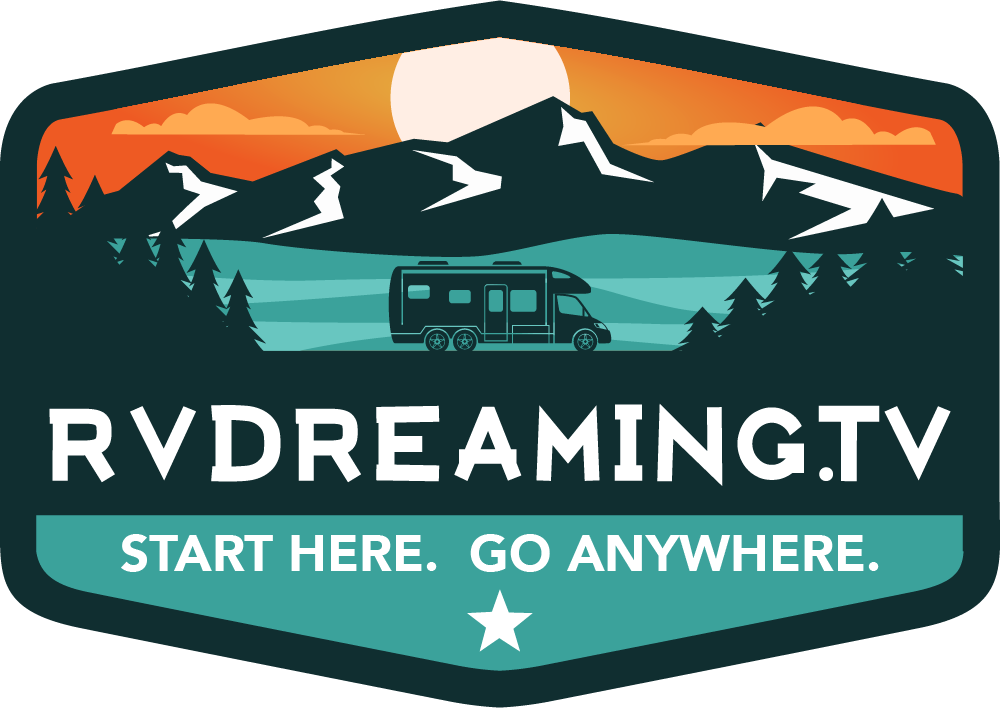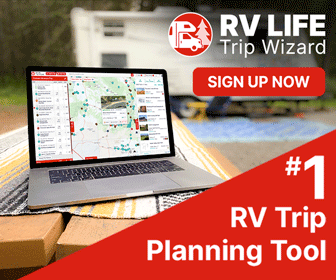
Full-Time RV Life: Are you looking for a change of pace in life? Do you crave adventure and freedom? If the answer is yes, then Full-Time RV living might be the perfect lifestyle for you. It’s a unique way of life that lets you travel the country in an RV, experiencing new places, people, and cultures every day. In this article, we will go over everything you need to know about Full-Time RV living, including the benefits, challenges, and tips for making the transition.
What is Full-Time RV Living?
Full-time RV living refers to individuals or families who live and travel in an RV full-time. They are always on the move, without a permanent physical address, and aim to live a life free from traditional home constraints. The goal is to have the freedom to travel and experience new adventures.
Benefits of Full-Time RV Living:
- Freedom and Flexibility:
The biggest perk of full-time RV living is the freedom and flexibility it offers. You’re not tied down to one location and can travel and explore at your leisure. This means you get to experience new cultures, people, and adventures every day. - Cost-Effective:
Full-time RV living is also more cost-effective than living in a traditional home. You won’t have to worry about mortgage or rent payments, property taxes, or utility bills. This can save you a considerable amount of money and provide financial security. - Closer to Nature:
Full-time RV living also allows you to be closer to nature and experience the great outdoors. Whether you’re camping in a national park, exploring a forest, or just relaxing by a lake, you’ll have constant access to nature’s beauty.
Challenges of Full-Time RV Living:
- Limited Space:
One of the main challenges of full-time RV living is the limited space. You have to be mindful of your belongings and may have to downsize significantly. Finding creative storage solutions and staying organized is also crucial. - RV Maintenance:
Maintaining an RV can be challenging, as it requires regular cleaning, maintenance, and repairs. This can be time-consuming and expensive and requires technical knowledge and skill. - Adapting to New Places:
Living on the road full-time can also be challenging when adapting to new places. Every time you move to a new location, you’ll need to find new resources such as grocery stores, laundromats, and other essential services.
Tips for Making the Transition to Full-Time RV Living:
- Start Small:
If you’re new to full-time RV living, starting small is best and gradually transitioning into it. Rent an RV for a few weekends or a week-long trip to get a feel for the lifestyle. - Plan Your Trip:
Plan your trip ahead of time, researching the places you want to visit and the resources you’ll need. This will help you be better prepared and make the transition smoother. - Downsize Your Belongings:
Downsizing your belongings is an important step in full-time RV living. You want to make sure you only bring what you need and can easily store it in your RV. This will make your life on the road much easier and more organized. - Consider Your Budget:
When making the transition to full-time RV living, it’s important to consider your budget. Make sure you have enough money saved up to cover your living expenses, including RV maintenance, fuel, and food. Investing in an RV that is fuel-efficient and cost-effective may also be a good idea. - Join RV Communities:
Joining RV communities is a great way to meet other full-time RVers and get advice and support. You can find these communities online or by visiting RV parks and campgrounds. This can also be a great way to find new places to visit and make new friends. - Learn Basic RV Maintenance:
Learning basic RV maintenance is important for full-time RV living. You want to be able to handle basic repairs and maintenance on your own, to save money and ensure your RV is always in good working condition.
FAQs:
- How do you make money while living in an RV full-time?
There are many ways to make money while living in an RV full-time, including remote work, freelance work, and starting a small business. You can also consider renting out your RV when you’re not using it, to help offset your living expenses. - How do you handle waste and sewage while living in an RV full-time?
Most RVs come equipped with a waste and sewage system, which you can empty at designated dump stations. Some RV parks also offer waste and sewage disposal services. It’s important to properly maintain and manage your waste and sewage to keep your RV and the environment clean. - How do you handle mail and bills while living in an RV full-time?
You can handle mail and bills while living in an RV full-time by using a mail forwarding service, which will forward your mail to your current location. You can also pay bills online or set up automatic payments.
Conclusion:
Full-time RV living is a thrilling and adventurous lifestyle that offers freedom, flexibility, and a closer connection to nature. While it does come with its challenges, the benefits are numerous and make it a fulfilling way of life. By following the tips and advice outlined in this article, you can make the transition to full-time RV living and start living the life of your dreams. So pack your bags, hit the road, and embark on a journey of a lifetime!

















Trackbacks/Pingbacks